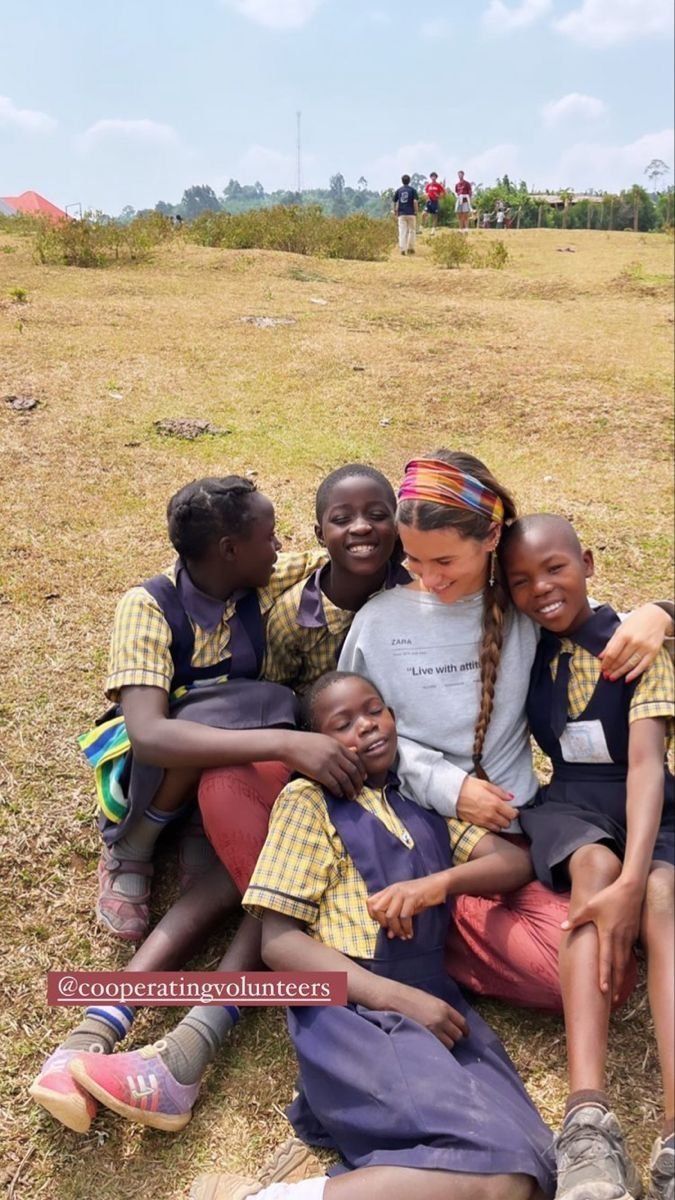"Poverty, Inc." (2014)
Introduction
I am so happy that the documentary approached the issues of poverty the way that it did. My biggest pet peeve is people with a savior’s complex and huge egos just because they put in a half assed effort to “help the poor”. I have a lot of topics from this documentary and ideas surrounding the topics that I would like to address, so I’m going to do my best to keep it condensed.
Poverty as an Opportunity
"Poverty, Inc." takes a look at the global aid system and how it affects poor countries. The film argues that the way Western governments and big organizations provide aid often keeps people in poverty instead of helping them escape it. It introduces the idea of a "Poverty Industry," where well-meaning efforts like food donations, free clothes, and financial aid end up creating dependency instead of helping people become self-sufficient. This “industry” has become a way for companies and wealthy individuals to boost their own image. One major issue is that constant donations of free food can hurt local farmers and businesses, making it impossible for them to compete. If food is being handed to locals for free, why would they support their local businesses? The documentary raises an important question: if billions of dollars in aid have been sent for decades, why is poverty still such a big problem? It argues that real solutions come from helping people start businesses, own property, and have access to markets so they can create their success rather than rely on handouts. "Poverty, Inc." challenges the Western mindset and calls for a shift in focus from aid to empowering local entrepreneurs. At first, I questioned why we were watching this documentary, but as it went on, I started to note the heavy themes of entrepreneurial value.
Father Figure
In the context of poverty, paternalism refers to an approach where wealthy nations, organizations, or individuals make decisions for poor communities, assuming they know what’s best. This often leads to aid efforts that treat recipients as passive beneficiaries rather than active participants in their own development. Instead of fostering independence, paternalistic aid creates dependency by giving people free goods rather than helping them build sustainable livelihoods. For example, regular food donations may seem helpful, but they can drive local farmers out of business, making entire communities reliant on outside assistance. Paternalism also ignores local knowledge and solutions, as many aid projects are planned without input from the communities they aim to serve. NGOs might build wells or schools without consulting locals, only for those projects to go unused or abandoned. The whole concept suggests a lack of communication. It would be like getting someone a present that they have no interest in. Sure, it’s always nice to get a present, but when have they ever shown interest in that object? People value being seen, being known, and being heard. Paternalistic approaches do not consider the receiver, only the giver. Actions speak louder than words.
The "White Savior"
The white savior complex is a phenomenon that I first learned about in 2020. As I have mentioned before, I was the typical blue-haired, liberal 17-year-old girl who brought politics into everything. The term white savior is a form of paternalism where white individuals feel they must "rescue" individuals who belong to minority groups, often portraying themselves as heroes rather than working alongside people as teammates. This happens quite often, but the example that really gets to me the most is the white girls who go on these Christian mission trips just to make themselves look like good people. First off, I don’t care if you are or aren’t Christian; you should be able to see that this is literally modern colonization. LEAVE THESE PEOPLE ALONE. If you actually gave a shit about the people of Guatemala, Rebecca, then you wouldn’t feel the need to pick up malnourished toddlers on the street and take selfies with them to post on Instagram. Their whole trip is heavily documented on their social media, with pictures of them holding random black or brown children, often without consent, using vulnerable people as props. The worst part is always the captions. It is always phrases like “So humbled to be serving these beautiful souls” or “They have so little, yet they are so happy”, again, showing stereotypes about people in poverty and their inability to achieve happiness. Also, the volunteers are usually people my age, who probably lack the skills or training needed to actually provide help. When they leave, these communities are left in the exact same situation, while the volunteers get to return to their lavish homes feeling like heroes. The whole time I was watching the documentary, this is what I was thinking of. This has never sat right with me, whether I was or was not religious at the time. All these trips do is reinforce the idea that Westerners are the saviors of people stuck in poverty instead of empowering local people to create their own solutions. Rather than working to dismantle the root causes of inequality, they engage in charity that feels good rather than development that works.

